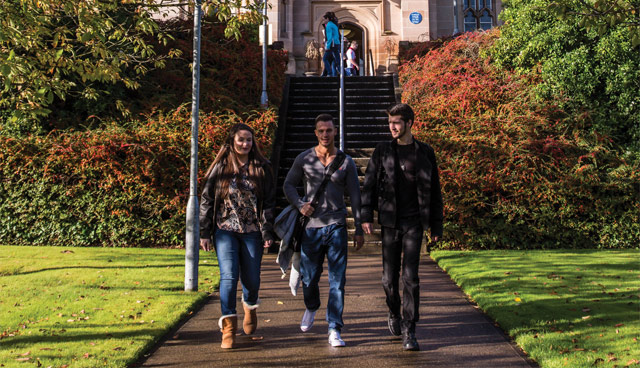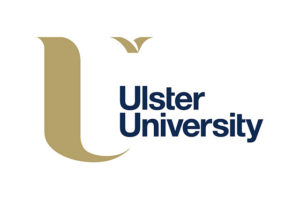Ulster University Magee Campus, rooted locally with global significance

The Magee campus has an international reputation as a hub of teaching and research excellence located in the North West. The University continues to invest in the facilities which mix the modern, a state of the art £11 million teaching block which will ensure a collaborative teaching approach and interactive learning experience for students with the original Magee building, steeped in history.
Having recently secured a £5 million investment to establish the Dr George Moore chair in data analytics, coupled with a reaffirmed commitment to establish a Graduate Entry Medical School pending Ministerial approval, the Magee campus is a priority for Ulster University.
Home to world-leading teaching and research in intelligent systems; creative arts; peace and conflict; business; and mental health, amongst many others. Its renowned School of Nursing is now ranked sixth in the UK and 33rd in the world. The Magee campus is a thriving university campus at the heart of a great and historic city.
Dr Malachy Ó Néill, Provost of the Magee campus comments: “By investing in the campus and prioritising the needs of our students, who come from the North West and beyond, we enrich our role in the community and ensure local people have a university they can and should be proud of.
“The lack of a functioning Executive, coupled with the uncertainty surrounding Brexit is not without challenge but we are committed to the expansion of the Magee campus. The opportunities presented through the Derry/Londonderry City Deal recognise the crucial role that Ulster University plays as an economic engine in the North West. It will build on Ulster University’s 20-year track record of research and teaching excellence in intelligent systems, data analytics, stratified medicine, nursing and creative arts.”
Working with local partners and stakeholders the University plays a wider role in the local community. The Faculty of Arts and Humanities at Magee is deeply embedded within the local community working closely with cultural institutions, arts, venues and festivals throughout the year playing an active role in the culture displayed as a destination of choice for national and international visitors.
Dr Malachy Ó Néill, Provost
Ulster University – Magee Campus
Northland Road





